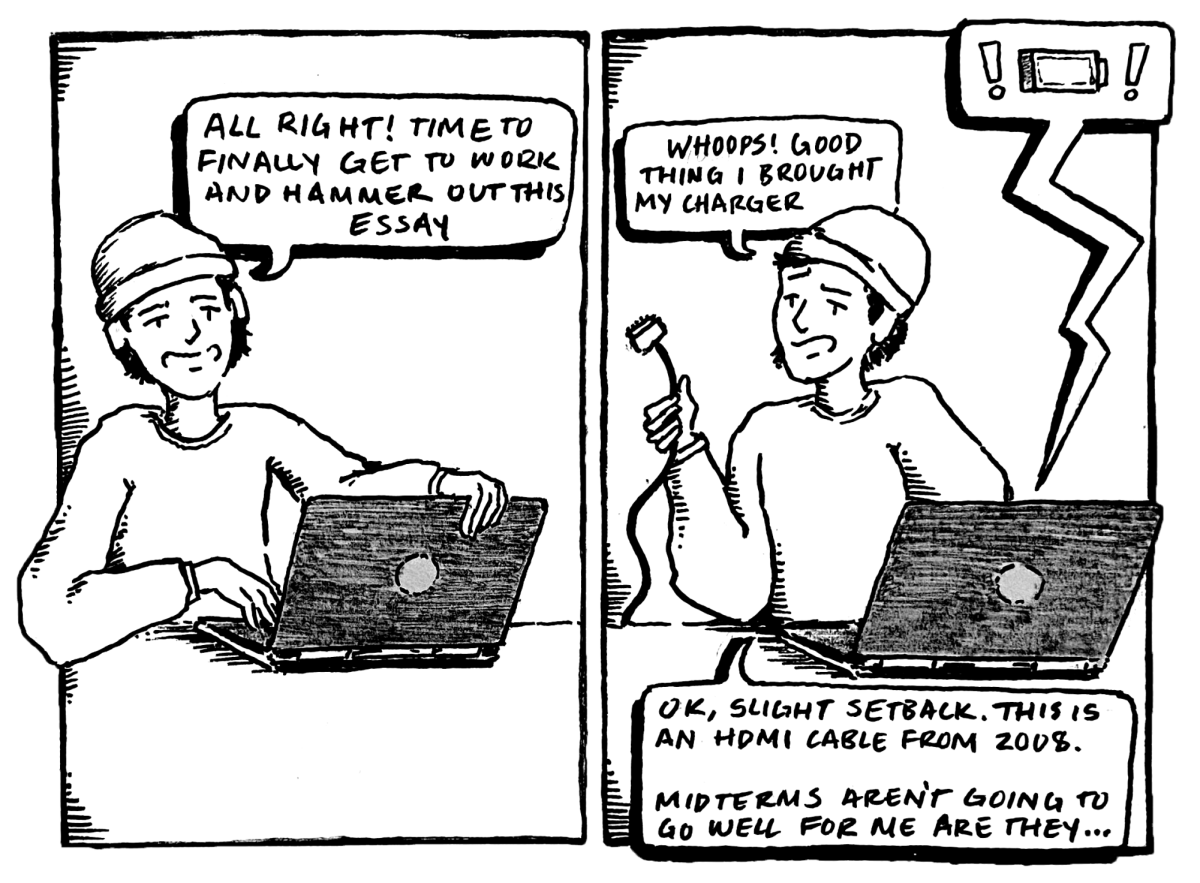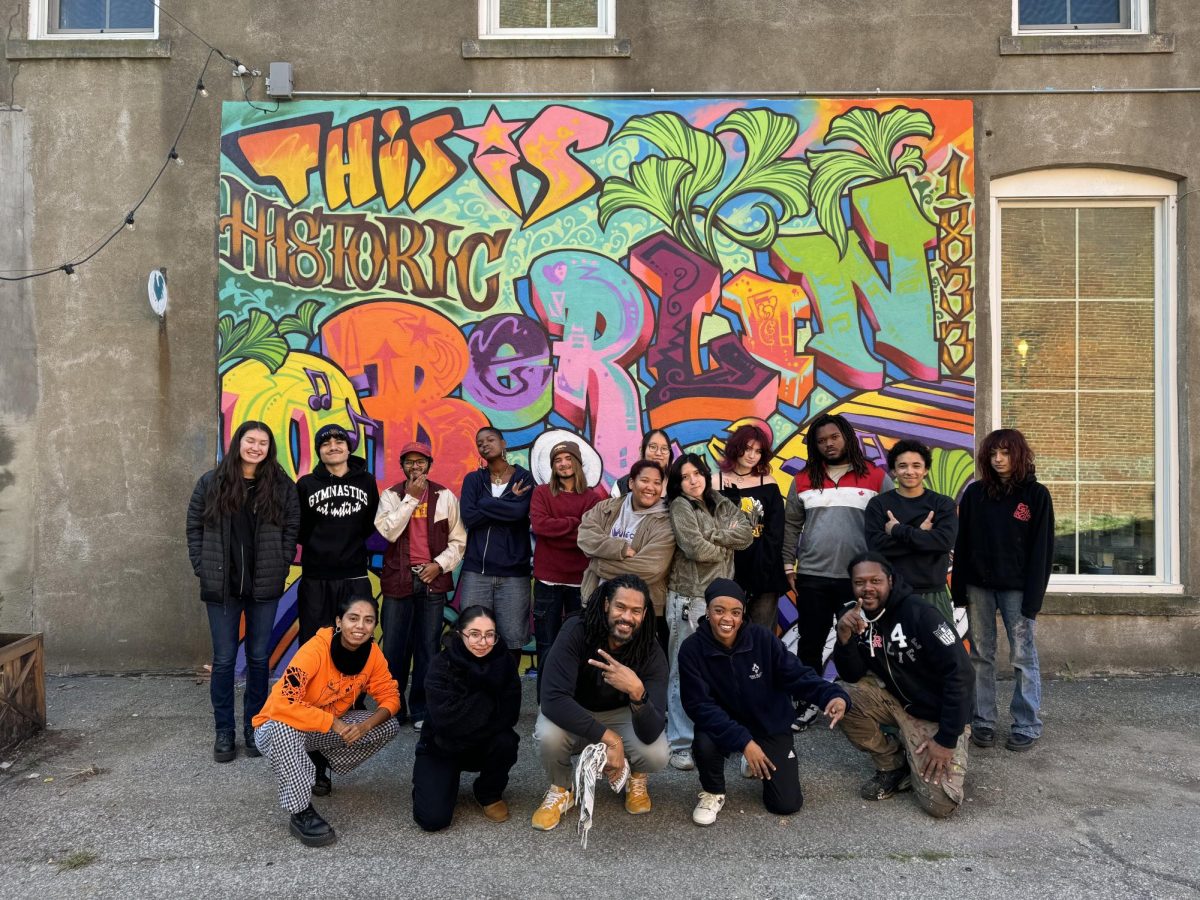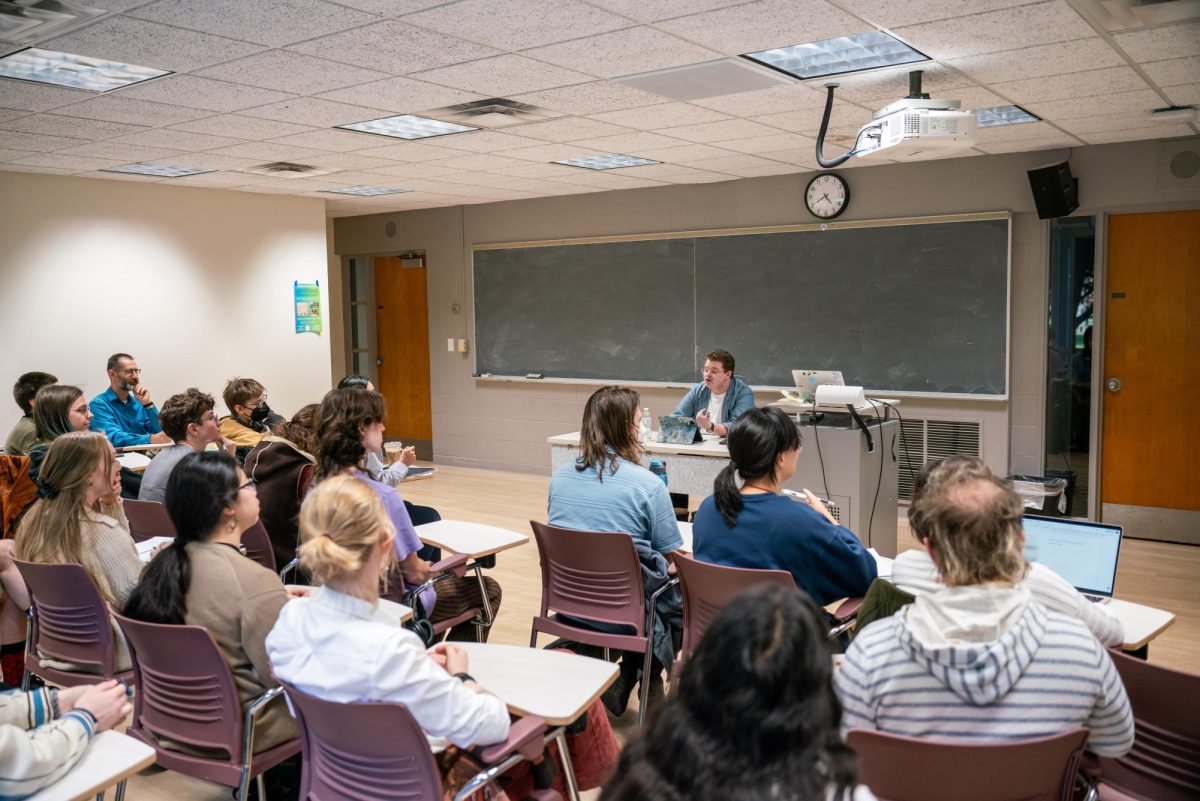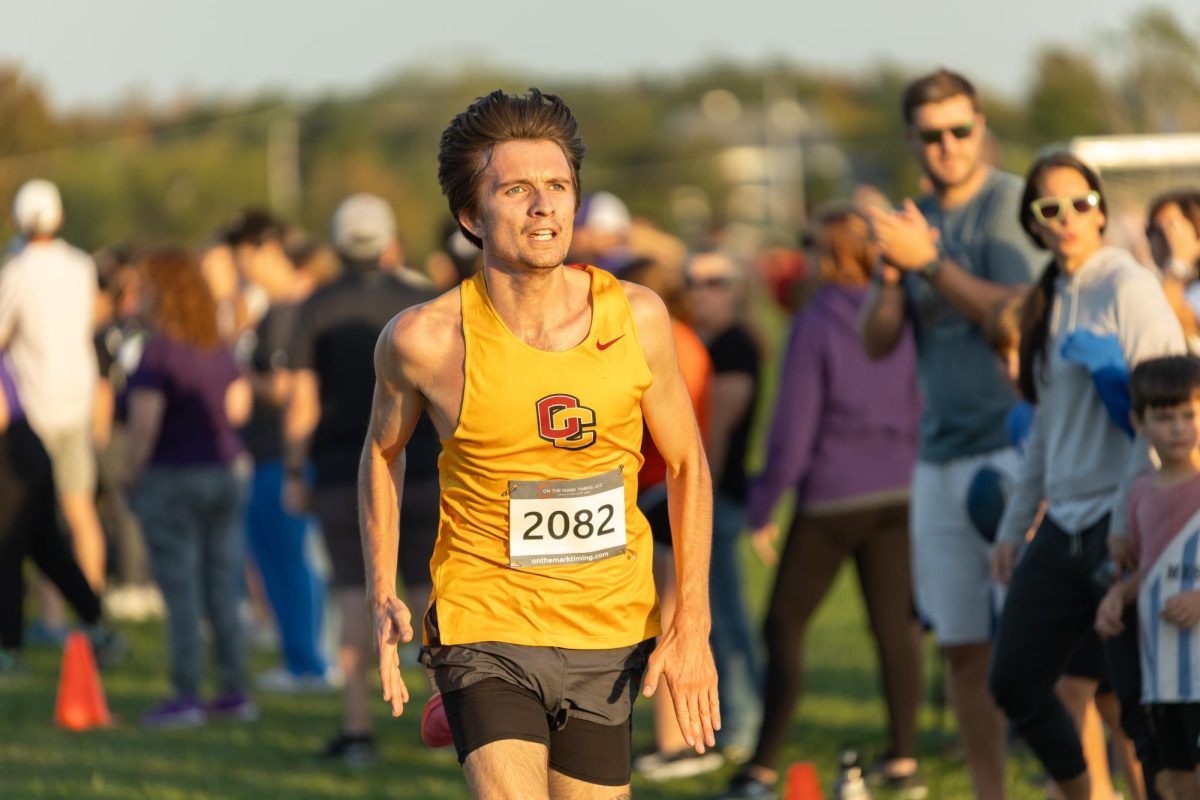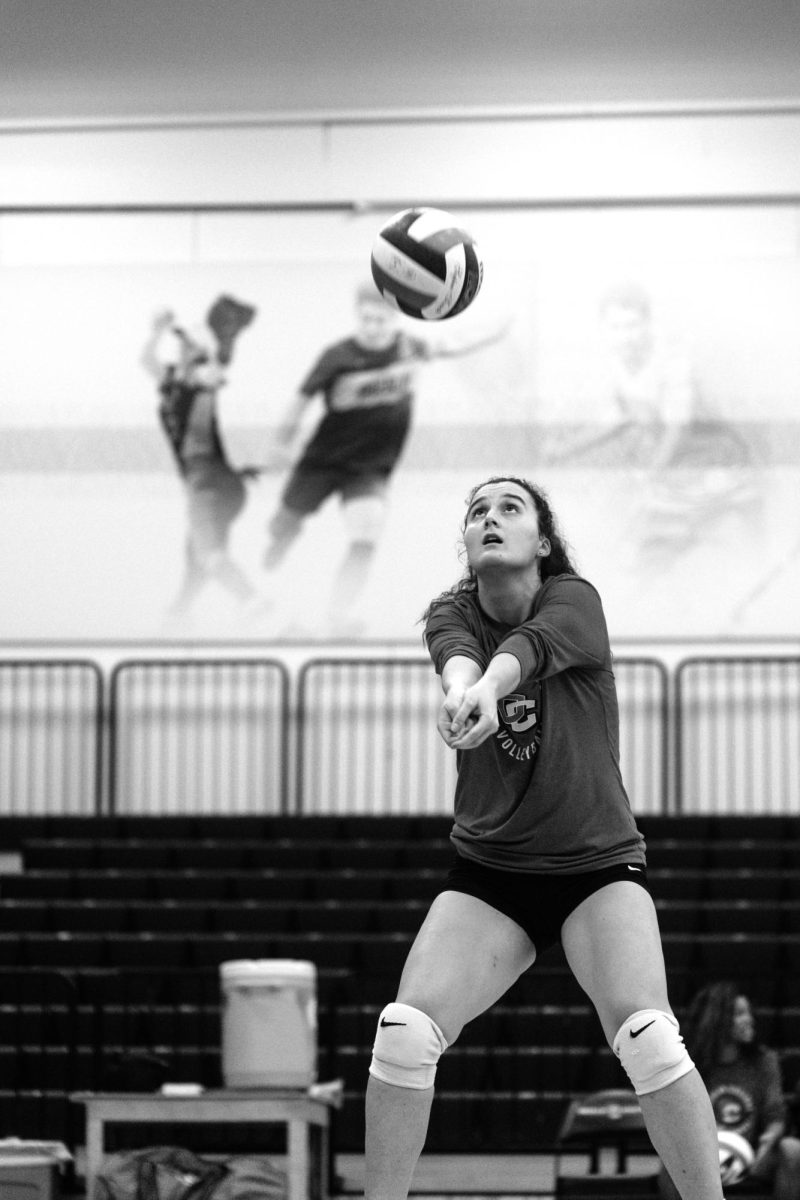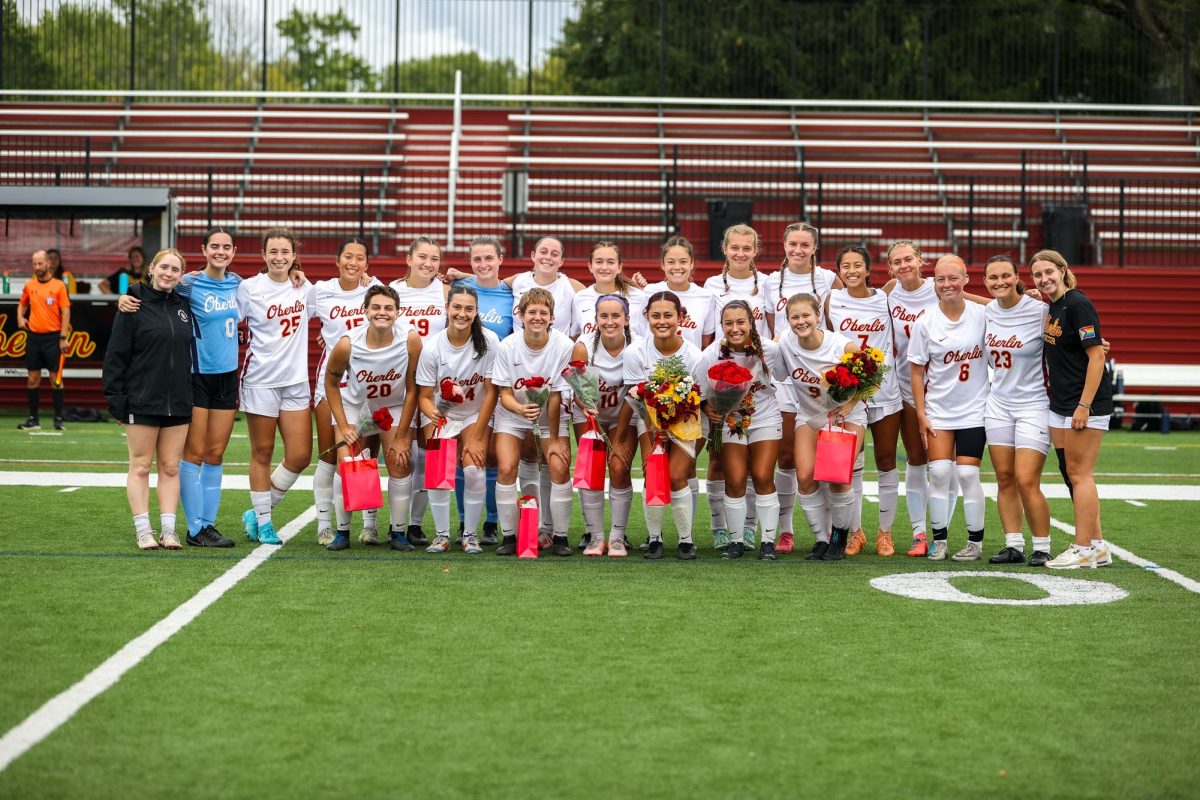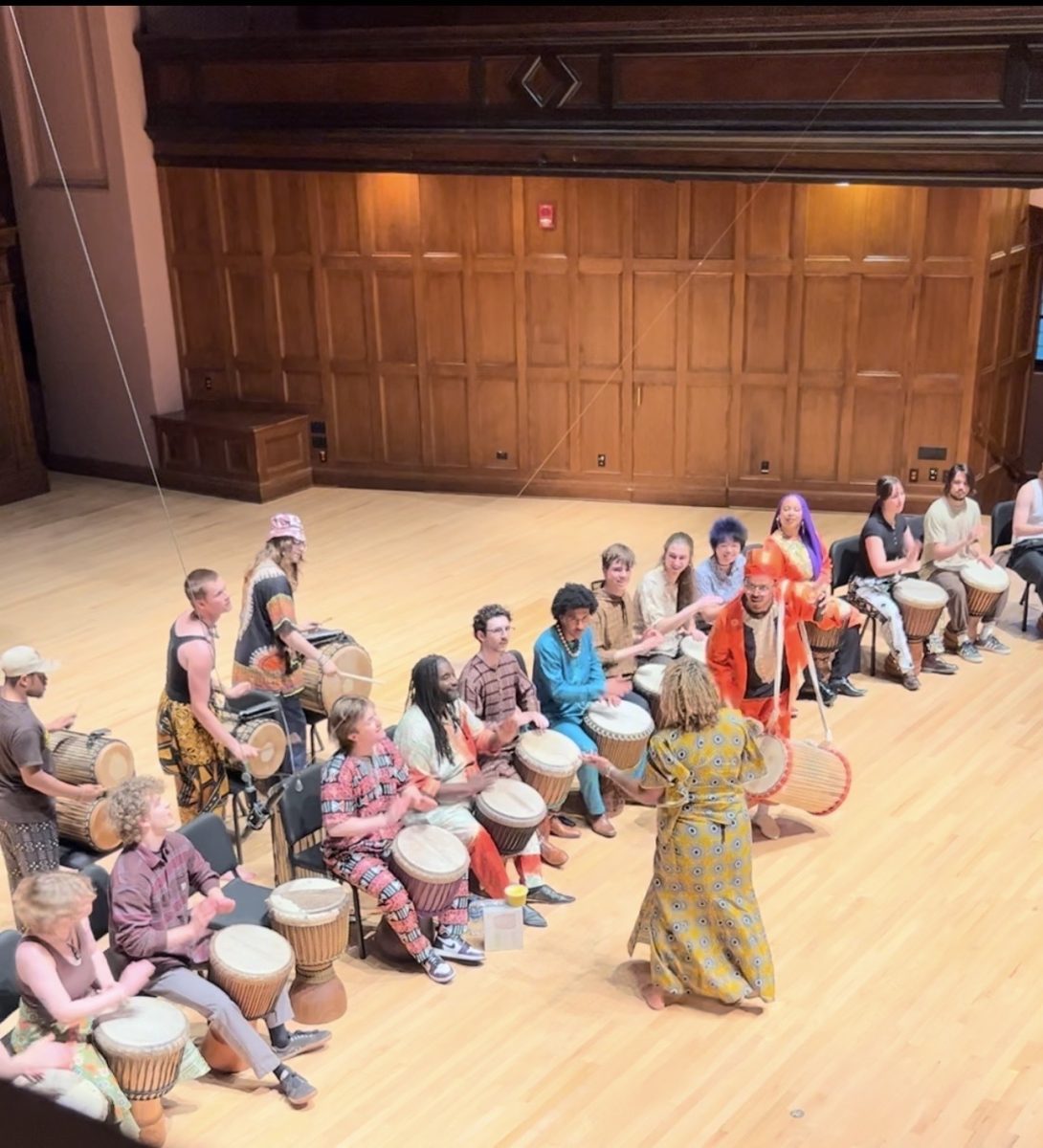Finding Community Reduces Stress, Improves Mental Health
September 15, 2017
One endemic problem I see constantly in college students — a problem I’m guilty of feeding into myself — is the pressure to push yourself everyday, treating each semester like a marathon that you have to run on your own. Some lock themselves in their rooms, spending hours on endless problem sets while others find themselves buried in Mudd’s eerily silent corners, reading stacks of assigned articles and books. This experience has been all too familiar to me throughout my time at Oberlin and, as I kick off my senior year with a capstone and honors project to tackle this semester, I’ve been isolating myself more than I would like.
In getting wrapped up in my research and personal stress, I sometimes forget that so many people around me are also taking on similar challenges. This hit home for me the other day when my best friend, who goes to school in New Jersey, reached out to me about the obstacles she’s facing. She is applying to graduate programs, working as a teaching assistant in labs, and heading her school’s greenhouse — all while working toward finishing a draft of her honors thesis, due this November. She has told me that she feels pressure to do well, to live up to the expectations of her professor and the people around her at school. We spent a long time talking to each other about the demands of school, connecting and leaning on each other as we’ve always done. Despite the burdens we both face, the opportunity to break free from our isolation and share our struggles with each other was cathartic.
Talking to my friend reminded me of the importance of community to my mental well-being. Taking the time to both connect with people I care about and to consciously set aside time to engage with the other campus communities to which I belong has grounded me throughout my time at Oberlin. Being a part of friend groups and student organizations has allowed me to remember that my time in college isn’t just about relentlessly researching, reading, and writing around the clock by myself. It’s about learning, both in and out of the academic arena, and growing in a multiplicity of ways.
The growth I’ve experienced from being a part of different communities on campus at different times — as a student-athlete, a co-oper, a musician, a member of cultural organizations, and a member of the Review staff — has enriched my well-being mentally and spiritually. It has allowed me to connect with different people at Oberlin and to realize and appreciate the unique but overlapping obstacles we all face as students. But struggling and enduring together and taking time to nurture meaningful friendships and do worthwhile activities — whether producing weekly issues of the Review or cooking dinner with fellow Filipinx students — makes me remember that a college experience is much bigger than just fretting about assignments.
The semester is still young. As it keeps rolling, the work will continue piling up and the marathon you’re running to keep up with your academic obligations will wear at you. But remember that you aren’t running this marathon alone and that the people around you are there to support you every step of the way. They are there to share the trials of this journey with you and to remind you that it’s okay to take a break every now and then to keep yourself holistically fulfilled. Oberlin can be an incredibly demanding and daunting place, but the solidarity we’re capable of fostering is one of the greatest tools we have for tackling everything that comes our way.








